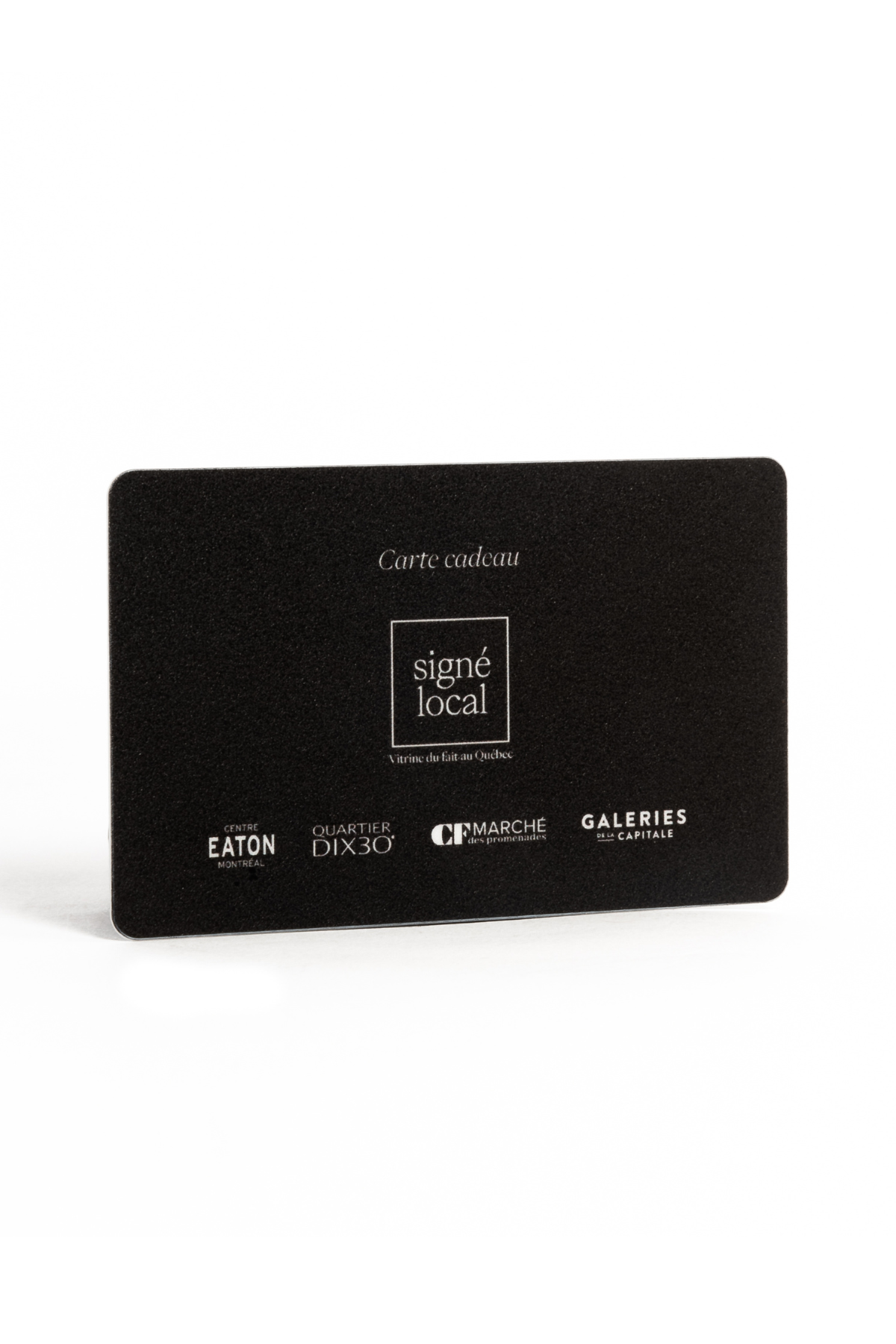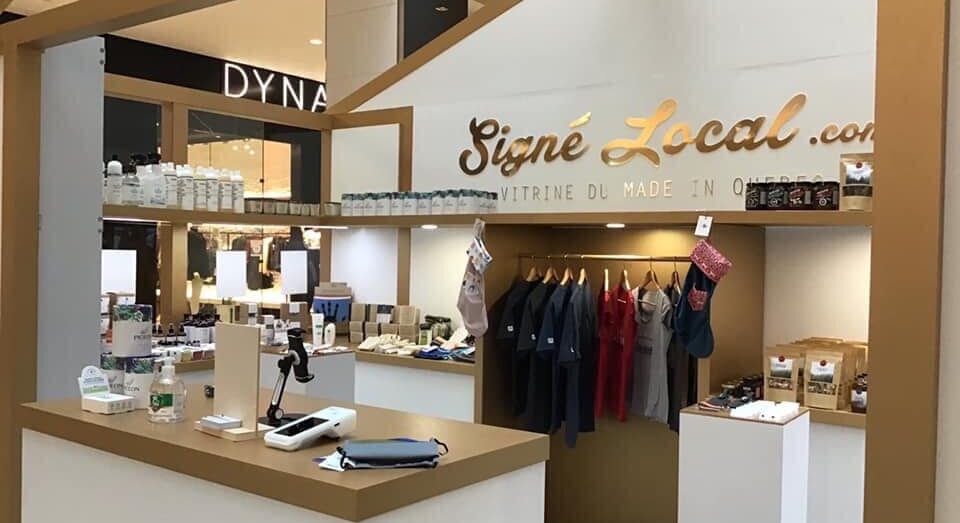Over the past year, calls from the government and Quebec businesses have had a positive impact on local purchasing. What a joy to see the rush for products made in Quebec! This trend has also been instantaneous for face coverings made by hand and locally. However, ill-intentioned people took advantage of this to defraud customers. Other creators, for their part, took advantage of the momentum to sell “on the black market” these items that were in demand. In order to take care of our Quebec artisans and merchants, we all have a role to play. As a business start-up advisor, I have the mandate to equip new entrepreneurs on the legal aspects of their new project. In my mind, the customer also needs to be better informed about these elements so that he can make more informed choices.

credit: unsplash
Registration and insurance
First, I advise you to check whether the company with which you wish to deal is duly registered in the Quebec Business Register . As this is an obligation for all Quebec companies, this will allow you to validate whether the person is acting legally. The search will only take you a few minutes and then you can proceed with your transaction with the company or not. However, there is a small exception : a self-employed worker (also called a sole proprietorship ) who invoices his services with his first and full name is not obliged to register there.
I also take this opportunity to remind you that contractors must take out liability insurance . However, this point is more difficult to verify. There is still an indicator that can sound a little alarm: the selling price of the item. If, for example, you are looking for a craft candle and a company is pricing well below competitors, chances are it is a company that is uninsured and therefore not meeting all its obligations.

credit: unsplash
Have you ever noticed that some small businesses do not show taxes on the transaction record? They are not illegal though! You should know that a business that generates less than thirty thousand dollars in revenue will be considered a small supplier and will not be required to collect taxes. But the law is clear: if the company is registered in the GST/QST register, it must detail these amounts on the invoice.
Online store and payment method
A self-employed start-up may not have put his energy into creating a transactional website or an online store on a site like Etsy for example. This decision may be due to a lack of time or knowledge. It is also possible that the entrepreneur is still testing the market and that a store will be added if the customer response is favourable.
If you can buy directly online, the payment options will most likely be credit card and Paypal. The purchase process becomes more complex if the purchase is made via a Facebook photo album, for example. The popularity of bank transfers encourages us all to be more vigilant. I do not advise my start-up clients to use this method of payment for two main reasons.

First, from an accounting point of view, this type of transaction does not facilitate the monitoring of cash receipts since very little information will be mentioned on the statement. If a company still wants to make life easier for its customers, it should transmit a payment procedure. For example, it could ask the customer to enter the invoice number in the “reason” field to help with tracing.
Secondly, I do not favor this method of payment in order to protect the consumer. Payment by credit card includes protections for the customer who does not receive his goods within a reasonable time. This way, the credit company could easily chargeback the customer. Another scenario: the customer changes his mind after the transaction. Payment by credit card allows the cancellation of a transaction under certain conditions. In addition, in case of dissatisfaction, reimbursement by credit card is simple and fast for the company.
Regardless of the method of payment, the company must provide you with a transaction receipt! Invoice number, logo, company name (or self-employed worker's full name), date, purchase description, item price, taxes if applicable, and amount total must appear on the document. The invoice can be handwritten or computerized and delivered to the customer by email, hand or text, as is often the case with the Square payment solution. If a contractor refuses to send it to you for a thousand and one reasons, pass your turn!
Personalization VS reproduction
Through a Google search, you find an almost perfect illustration for your bedroom. You then write to a few companies on Facebook asking if they can replicate that artwork with a different item. Some companies will refuse on the spot, telling you to contact the original author of the work. These artists therefore have intellectual property at heart and refuse to indulge in plagiarism.
In the various groups of local purchase enthusiasts, I also see several companies responding positively to requests such as “I'm looking for someone who could do this for me”. If this is the case and you witness it, I invite you to react politely by reminding us that this is plagiarism and that it is illegal. In addition, if you recognize the original author of the product presented, do not hesitate to identify him in the comments so that he can get in touch with the person making the request.
- Rizada original piece
- Copy of work
Companies specializing in personalization must therefore be extra vigilant when the time comes to accept or refuse a client's project. The latter can obviously participate in the creative process by naming guidelines such as “I would like to have a personalized cup under the garden theme with touches of yellow”. But in no case should the request be for the reproduction of an existing image.
Plagiarism can take different forms, ranging from copying and pasting almost entirely to stealing a craftsman's own technique. To learn more about this scourge that causes so much harm, I invite you to read my colleague's article .

There are obviously several reasons to consume local and, for me, the most important is to support the humans behind local businesses and that is why I invite you to take the necessary precautions in order to make good choices. Moreover, the comments and rating section of Facebook pages or websites can greatly help to increase (or ruin) trust in an entrepreneur. Noting your appreciation is another way to support the work of our local merchants , try to think about it during your next purchase!

Reviewed by MF Editorial








































Leave a comment
This site is protected by hCaptcha and the hCaptcha Privacy Policy and Terms of Service apply.